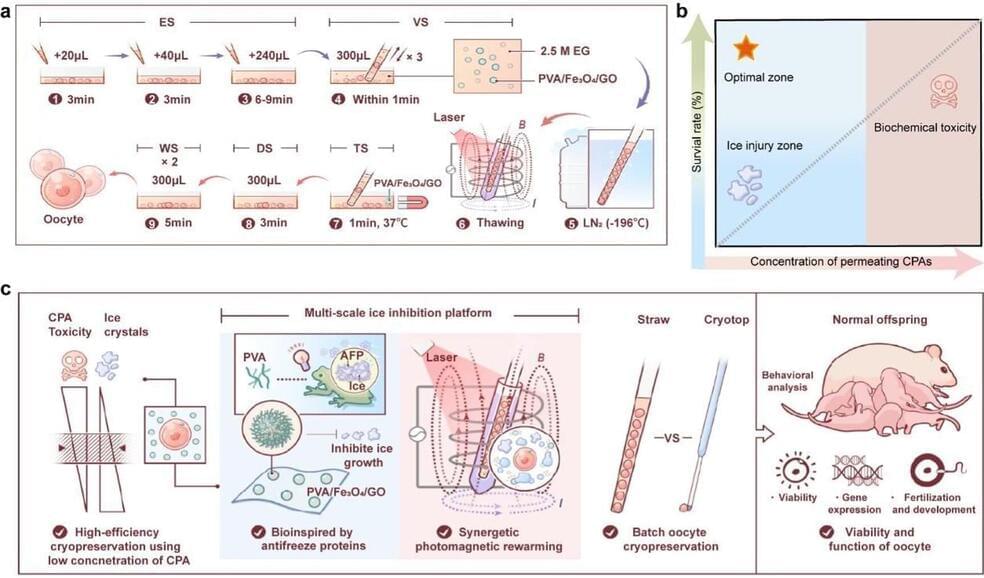In a new study recently published by Science Advances, Michigan State University researchers reveal an unexpected genetic revelation about the sugars found in “tomato tar,” shedding light on plant defense mechanisms and their potential applications in pest control.
Tomato tar, a familiar nuisance of avid gardeners, is the sticky, gold-black substance that clings to hands after touching the plant. It turns out that the characteristic stickiness of the substance serves an important purpose. It’s made of a type of sugar called acylsugar that acts as a natural flypaper for would-be pests. “Plants have evolved to make so many amazing poisons and other biologically active compounds,” said Michigan State researcher Robert Last, leader of the study. The Last lab specializes in acylsugars and the tiny, hair-like structures where they’re produced and stored, known as trichomes.
In a surprising discovery, researchers have found acylsugars, once thought to be found exclusively in trichomes, in tomato roots as well. This finding is a genetic enigma that raises as many questions as it does insights.








